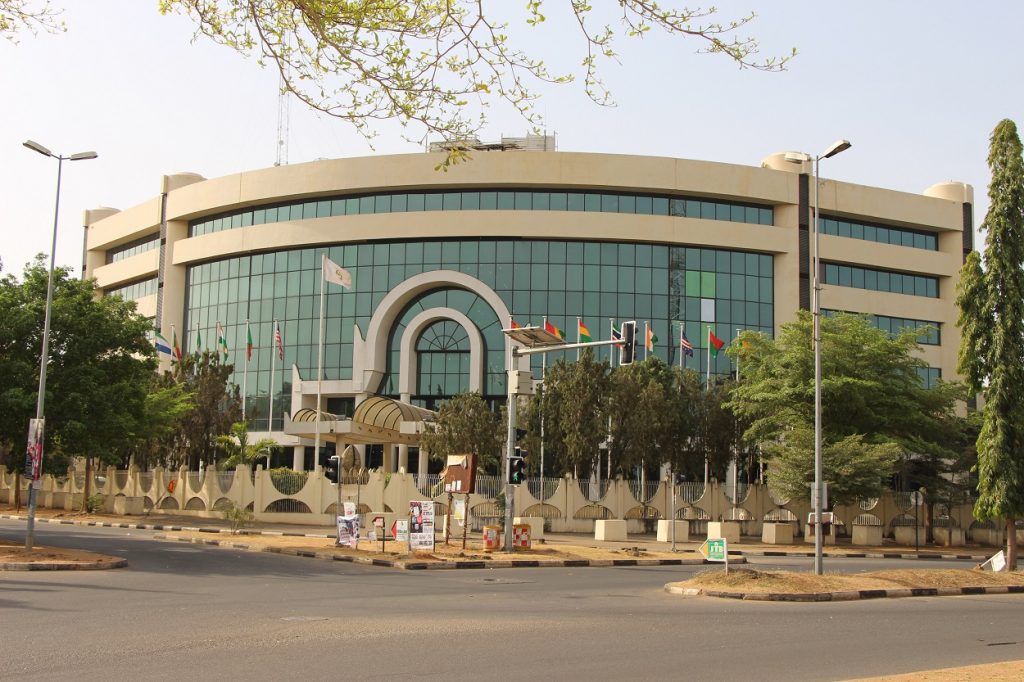By Alkali Amana
In the recent decade, the rapid and swift pervasion of the internet within Africa has stood out as a key driver of prosperity and a sign of the continent’s coming of age when it comes to technology, and to boost its effectiveness, statistics show that currently, at least a quarter of the population on the continent has internet access, representing almost a fifty-fold increase in internet usage since the turn of the millennium. Projections reveal further that by 2030, Africa could achieve a level of equal footing with the rest of the world when three-quarters of Africans become internet users, presenting enormous economic potential into a space that has seen mobile technologies generate 1.7 million jobs and contribute $144 billion to the continent’s economy, or roughly 8.5% of GDP. Amidst the flurry of what Africa accepts by way of technology, blockchain and the arrival of cryptocurrency have created a dimension which in its valuable state promises the liberalization of financial services; and in their descent into the continent, they resonate with none so much as eager youths ready to explore challenges and create a footing for themselves.
The item most associated with blockchain is a cryptocurrency and a brief background search reveals that the advent of Bitcoin in 2009, created by Satoshi Nakamoto, set the world on course for a revolution, which today, has a bearing in determining the financial status of individuals by way of digital currency and decentralized blockchain activities to secure transactions. Satoshi’s idea was to create a new way of payment that could be used internationally, decentralized and without having any financial institution behind it. In other words, the implication of this is that the world is experiencing a shift from traditional financial means and storage, away from third party enclaves regulating fiscal endeavours, to new and relevant practices which enable people or nations to control their wealth and establish a direct connection with one another without a middleman. Today, with the popular Bitcoin (cryptocurrency) hitting an all-time high of $60,000 in April, blockchain has seen the rise of its application in different fields as organizations, and even nations, are buying into the technology – of which Africa must not be left behind.

Blockchain can be integrated for use in different forms and Africa can affect this to aid better responses to its socioeconomic clime. Research by NEPAD, via the APET Secretariat, in its blog post titled: ‘Redefining Africa’s Digital Economy Through Blockchain And Cryptocurrency Technologies’, reveals that the African continent is increasingly advancing socio-economic growth through the adoption of cryptocurrency transactions and blockchain technologies for e-commerce and entrepreneurship frameworks. Fundamentally, Africa is progressively embracing mobile cash and virtual currency technologies. The reason for this is not farfetched as such technologies offer multiple advantages towards easing the way of doing business transactions across the continent. Interestingly, however, the discussion on how blockchain is absolved and driven on the continent cannot be complete without the inclusion or mention of Africa’s youths, who in their respective individual capacities have sustained the drive towards the adoption of the technology, especially through the use of cryptocurrency. It is now time for African governments to encourage the discussion and devise strategies to incorporate the use of blockchain to enhance their digital space.
Of the multiple approaches which can be used is the integration operation of SMEs on the continent with blockchain technology. Africa is known to have the most vibrant and emerging force of youth globally in its pockets, most of which venture into entrepreneurship through Small-to-medium enterprises (SMEs) to form the core of the continent’s economic base. Through data management systems, blockchain technology targeted at enhancing the operations of SMEs can generate decentralized digital ledgers that can assist with micro-loans and financing applications. As such, blockchain-enabled data management systems decentralize access to financial services and provide inclusivity for SMEs’ owners towards the utilization of banking and financial institutions. The use of blockchain technologies for SMEs involved in crowdfunding, for instance, shows how African governments and investors can track and monitor how such funds are utilized by the SMEs of interest, for auditing purposes across the value chain.
The secure nature attributed to Blockchain the transparency data management systems is helping governments around the world efficiently keep track of tax collection, monitoring, evaluation, and management, while also enabling efficient management and monitoring of the entrepreneurial, public service, immigration, healthcare, and education systems. These are areas Africa can leverage to create stability and eradicate corrupt practices within the system. The present generation of Africa’s youths have individuals who are adept with the development and promulgation of the blockchain rally, and it will be a viable means to reach the untapped opportunity of employment this technology offers.
Furthermore, African youths can build ventures to supply blockchain solutions at various levels to different emerging clients who see the need for the implementation of the technology. An instance can be seen in the advent of Coronet Blockchain, a South African based venture neck-deep in providing innovation for businesses using blockchain technology.
The world has come of age, and transactions required more speed and ease than has ever been recorded in human history. It becomes a necessity for African governments, youths and entrepreneurs to embrace the global challenge and lead the continent to the future awaiting its glorious coming.


